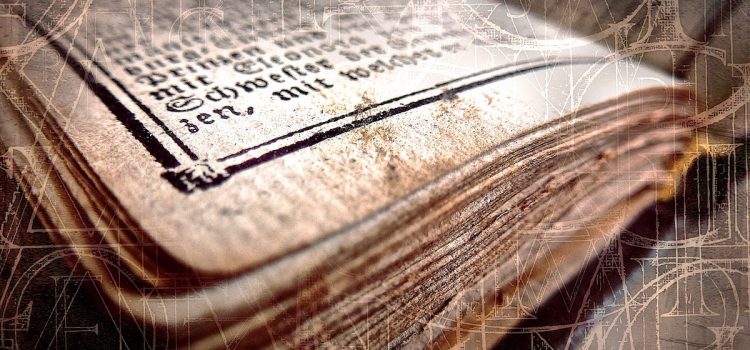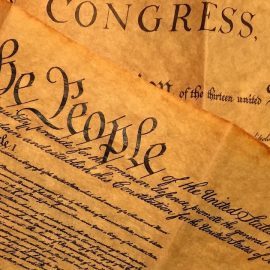

This article is an excerpt from the Shortform book guide to "The Prince" by Niccolò Machiavelli. Shortform has the world's best summaries and analyses of books you should be reading.
Like this article? Sign up for a free trial here .
What does “mirrors for princes” mean? How is The Prince different from most works in the genre?
Mirrors for princes was a popular literary genre during the Middle Ages and the Renaissance. The works served as advice for rulers on how to behave and lead. While Machiavelli’s The Prince is the best-known example, it stands apart from most.
Read more to learn how The Prince fits into the mirrors for princes genre.
Mirrors for Princes
The Prince is the best-known, though not the most representative, example of the genre known as mirrors for princes. These texts were written by scholars, monks, and politicians as instructions for newly ascended monarchs. They offered advice, gave a history of the state, and described rulers whom the new monarch should seek to emulate. Though the genre experienced a boom in the Middle Ages, it dates back to ancient Greece, and new examples were published until the 19th century.
What makes The Prince unusual is Machiavelli’s grounded interests and largely realistic tone. While other authors stressed the importance of Christian virtue and acting on behalf of the people, Machiavelli is concerned mainly with power—how to take it, maintain it, and defend it. He mentions Christianity only in passing and encourages the reader to flout traditional morality if doing so helps preserve the state.
Machiavelli dedicated The Prince to Lorenzo II de’ Medici, the then-prince of Florence who was only 20 years old when he took power. While there’s no evidence that Lorenzo or any of his successors ever read the book, some scholars have theorized that it was written as a kind of job application, a cynical attempt by Machiavelli to ingratiate himself to the Medici family after they had imprisoned, tortured, and dismissed him from the government a year earlier. The Prince’s dedication stressed his loyalty and his knowledge of politics, and, in making a gift of the book, he may have hoped to simultaneously assuage any suspicions against him and encourage Florence’s new leaders to bring him back into politics.

———End of Preview———
Like what you just read? Read the rest of the world's best book summary and analysis of Niccolò Machiavelli's "The Prince" at Shortform .
Here's what you'll find in our full The Prince summary :
- Niccolò Machiavelli's description of how authoritarian leaders should rule
- An unapologetic depiction of the “real truth” of politics
- Analyses of how Machiavelli's lessons survive in modern-day politics






